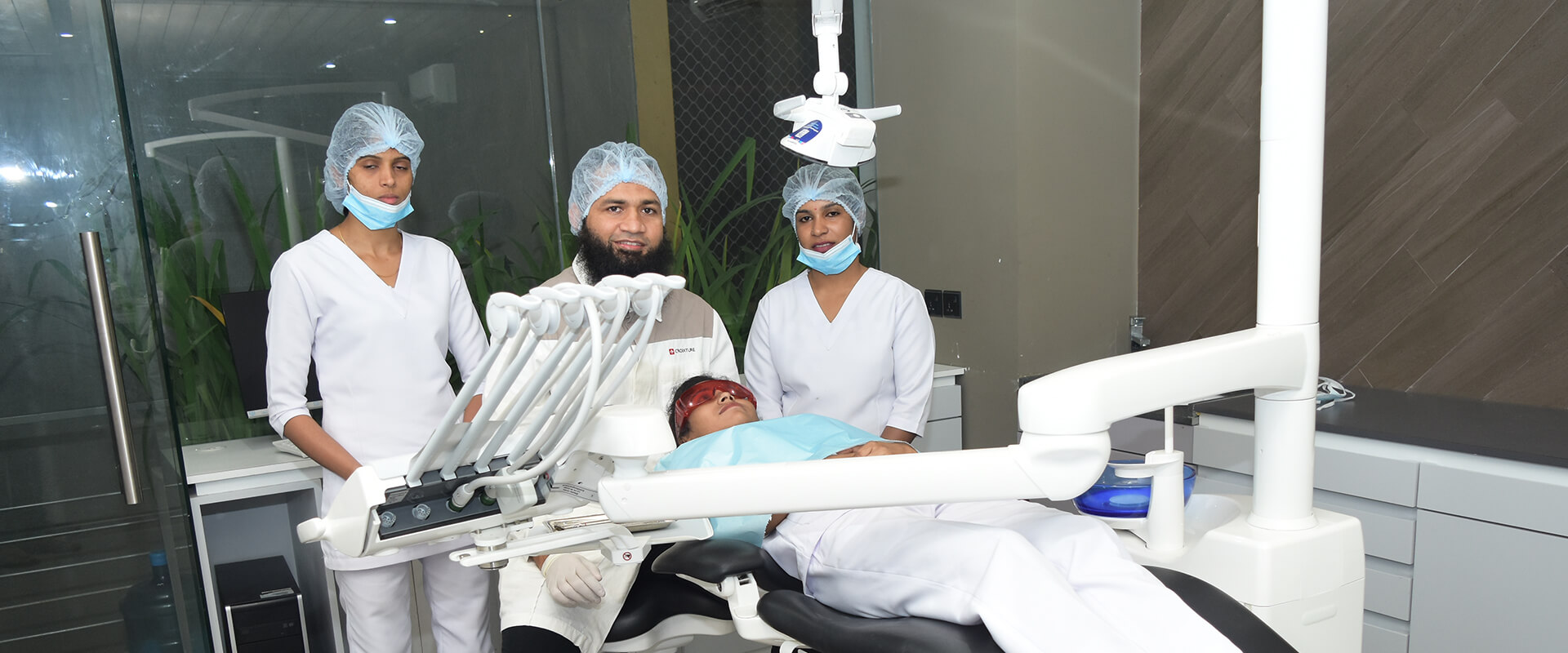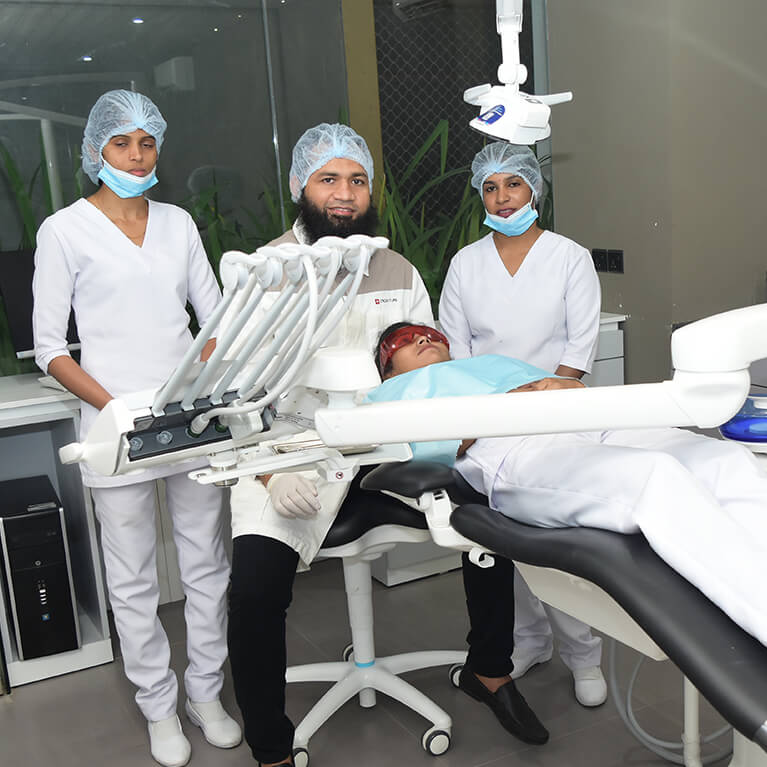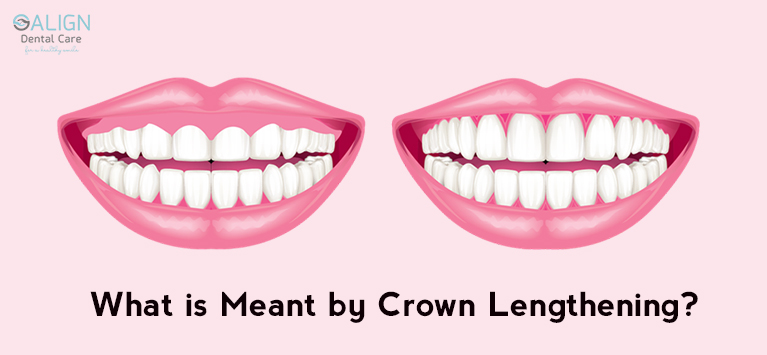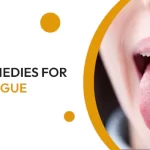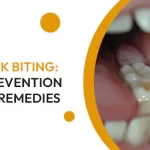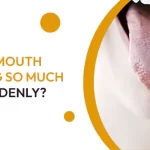Crown Lengthening is a surgical procedure that is performed to expose the tooth surface by cutting down the excess gums and at times shaving the bone. It is recommended for both cosmetic solutions, especially treating gummy smiles and certain oral health problems.
(more…)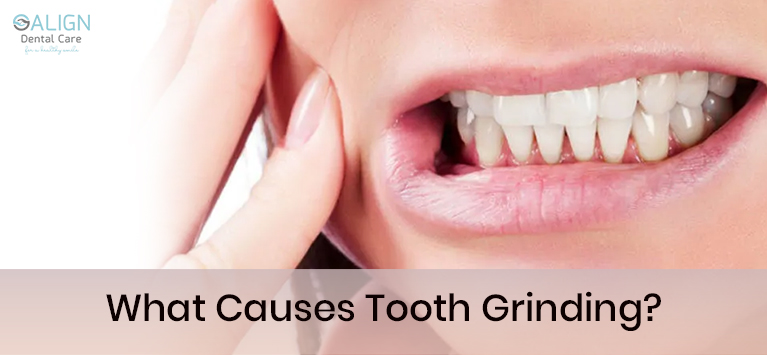
What Causes Teeth Grinding?
February 19th,2021
Teeth Grinding, also known as Bruxism, is a subconscious habit in which a person grinds, clenches, or gnashes their teeth. Despite appears as a common thing, it will cause havoc on your oral cavity. Frequent teeth grinding moves the jaw bone forcefully on either side or back and forth. This persuades facial or jaw pain, damaged teeth, earaches, headaches, and various problems.
Do you know that it is one of the most common sleep disorders?
Recent stats show that more than 1 in 10 people have sleep bruxism whilst one-third of adults develop this habit due to various reasons.
Our dentists have listed the common causes of teeth grinding throughout this post. Scroll down to know more.
What are the possible causes of teeth grinding?
The exact cause of this activity is not known but doctors believe that the root of bruxism lies in the genetic, psychiatric factors or combination of both.
In general, psychological stress is the main culprit that provokes teeth grinding in many cases. On the other hand, grinding teeth during sleep are defined as an unconscious neuromuscular activity as it is triggered by sleep-related chewing motions, abnormal jaw postures.
Here are the other possible causes:
- Genetics – Night-time bruxism seldom occurs as a result of genetic disorders. The kids of people who have snoring or sleep apnea have more chances of developing sleep bruxism. Remember that sleep apnea elevates the body’s stress or airway obstruction that makes the brain tighten the jaw muscles for throat coagulation, leads to teeth grinding.
- Age – Kids often develop teeth grinding habits at the age of 3 and stops at a stage when they begin to lose their milk teeth. Such age-related bruxism goes on its own when a kid enters adulthood.
- Medications – Some medicines are powerful to modify the central nervous system, resulting in bruxism and jaw clenching. In general, medications to treat psychiatric conditions are responsible for teeth grinding.
- Physical illness – Apart from psychological dilemmas and conditions like sleep apnea, various health disorders make changes in our body, provokes various atypical conditions including bruxism. The important ones to mention are dementia, epilepsy, Parkinson’s disease, and acid reflux diseases.
Along with these factors, various habits or day-to-day activities also make you grind your teeth consciously but with no control. Here are a few to mention:
- Biting and chewing nails
- Chewing on substances throughout a day
- Smoking
- Alcohol consumption
- Taking illegal drugs
The contents in cigarettes, wines have active stimulants that modify neurotransmitters in your brain. It leads to changes in our brain’s chemical response that affects the muscle response, provoking bruxism.
Bottom line
Teeth grinding is curable and reversing the habit is possible once the cause source of bruxism is identified. Mostly, treatments for the underlying cause will provide your the cure. Meanwhile, behavioral modifications and dietary changes also help in breaking the habit.
On the other hand, wearing dental guards acts as a cushionary barrier between the upper and lower teeth. The appliance lessens the dental damages caused by teeth grinding.
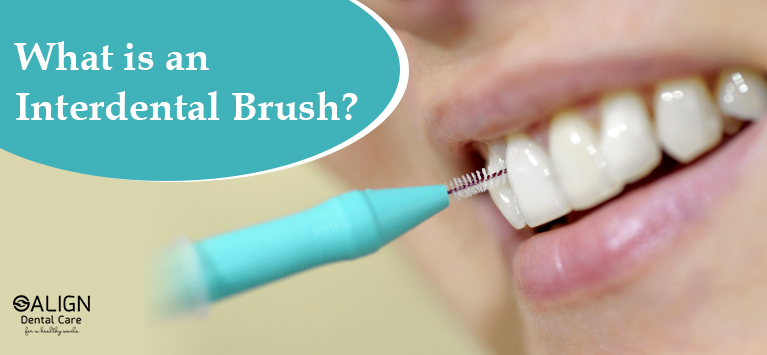
Interdental Brush – An effective appliance to mitigate plaque & tartar build-up
February 12th,2021
Dental Plaque – The sticky biofilm composed of several strains of bacteria develops on teeth and gums is the root cause for many dental problems like cavities, periodontitis, and so on. Over time, the microorganism colonials continue to thicken the deposits. Untreated plaque and tartar deposits in the mouth release toxic substances that aggregate the build-up of plaque in the arterial walls resulting in cardiovascular diseases.
Moreover, plaque deposits are linked to many impairments, such as Diabetes, Rheumatic Arthritis, Dementia, and much more. To be precise, plaque removal is essential to prevent systemic diseases. Removing food debris and microbes stuck between the teeth will help you to forbid plaque formation.
(more…)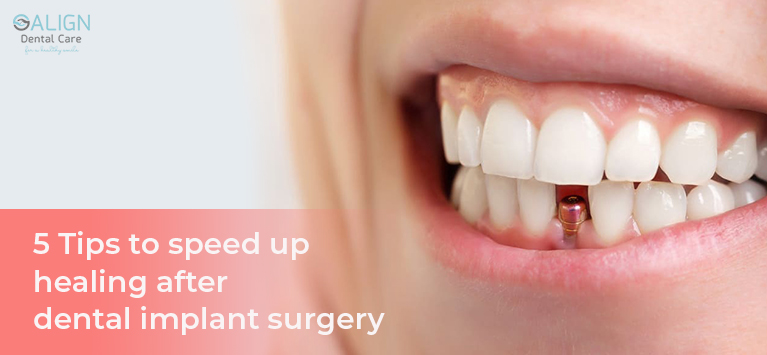
5 Tips to speed up healing after dental implant surgery
February 6th,2021
If you are considering dental implants, then it means you got the best step to restore your missing teeth. Unlike dentures and dental bridges, the implant teeth revamp the tooth roots and preserve the surrounding structures that ensure better functionality like natural teeth.
Now, we want to tell you a fact regarding this restoration.
(more…)




